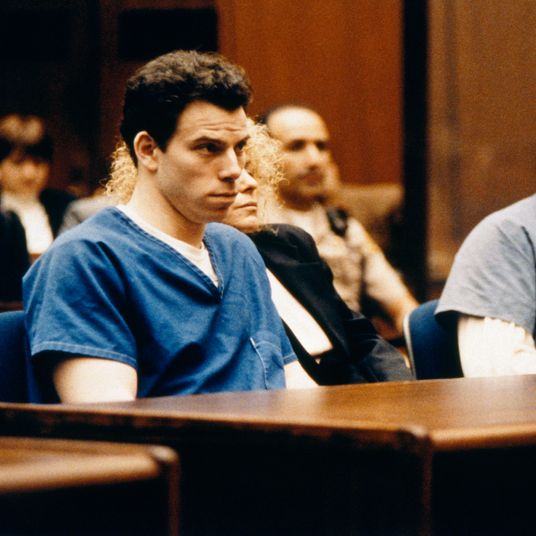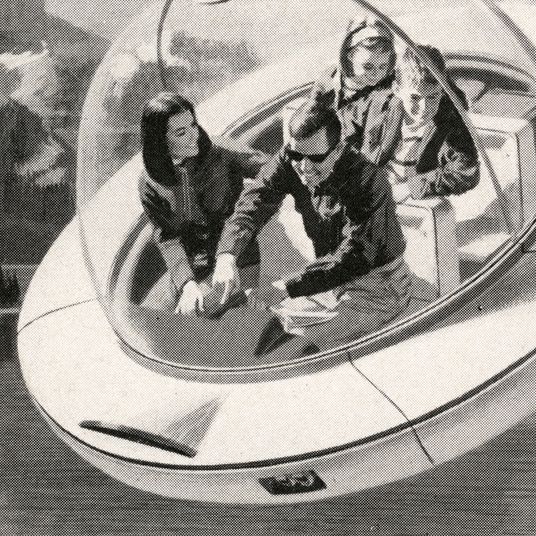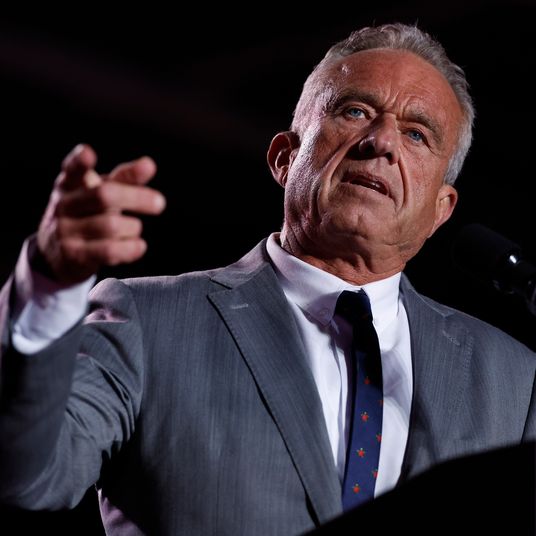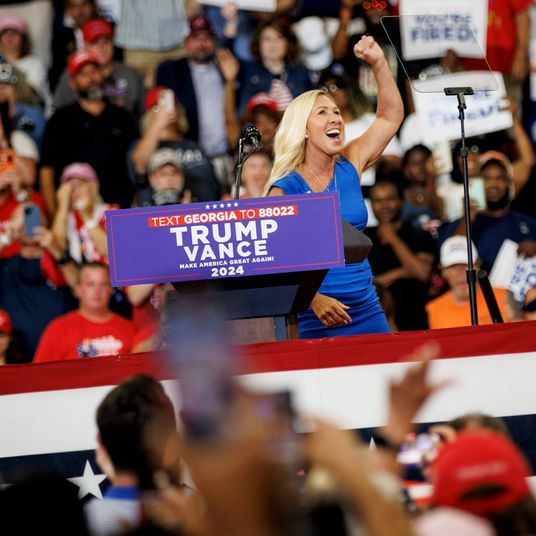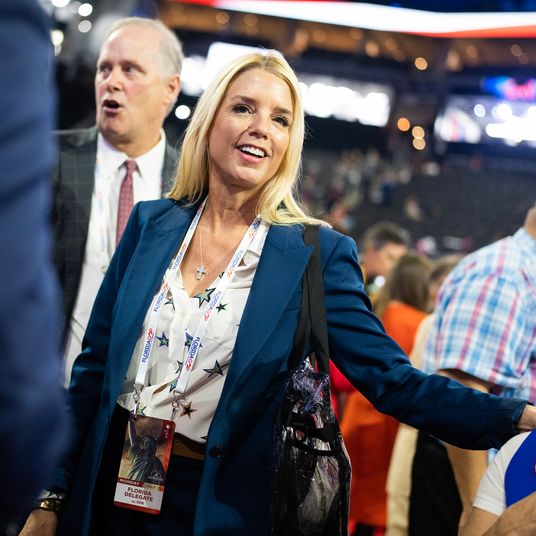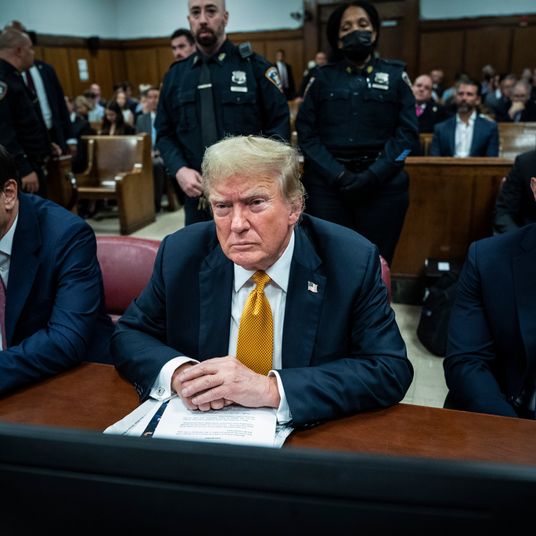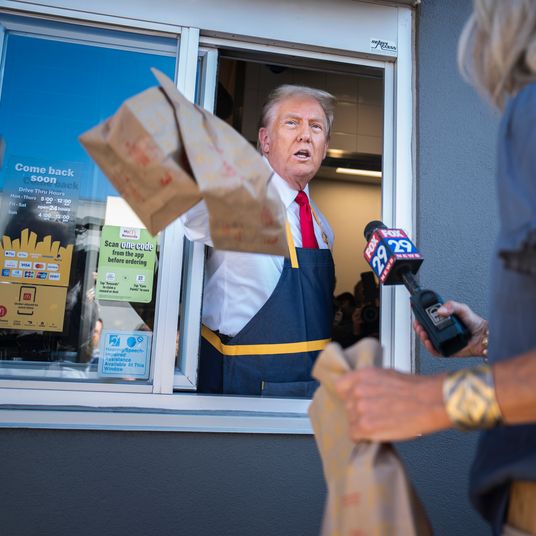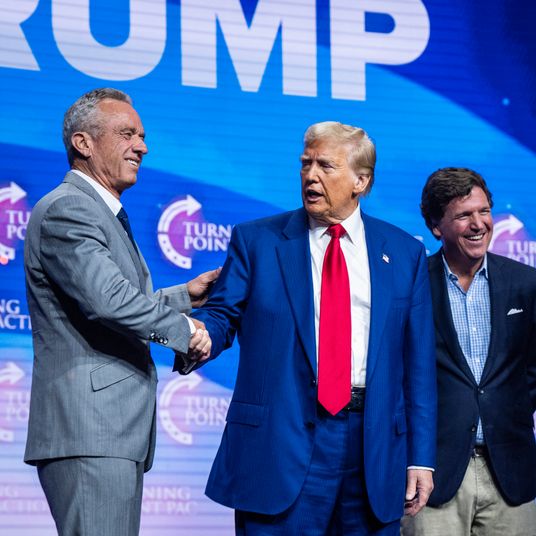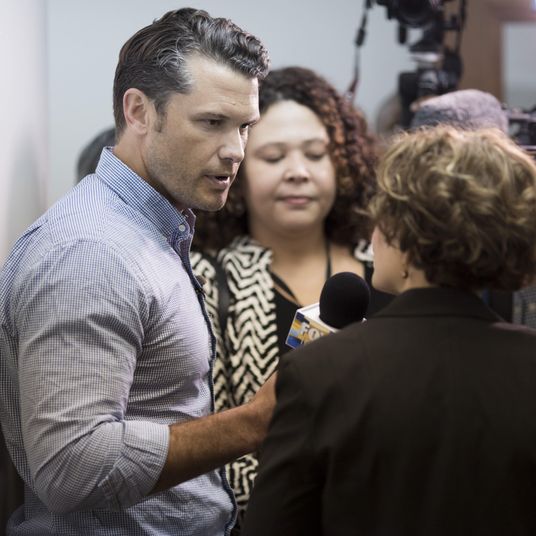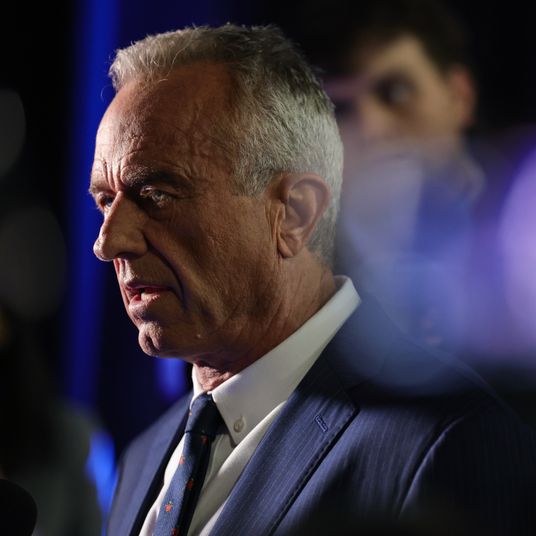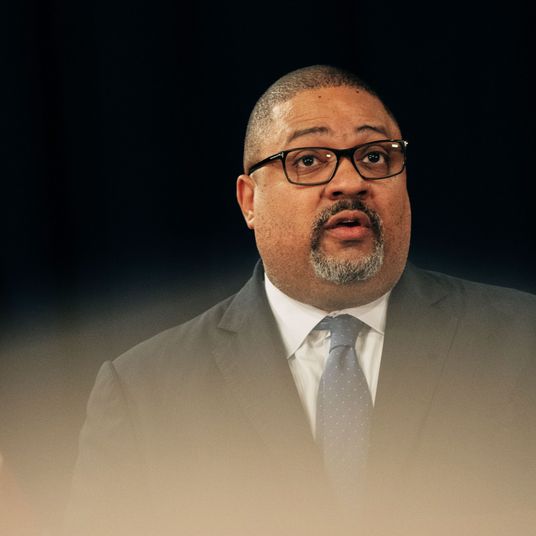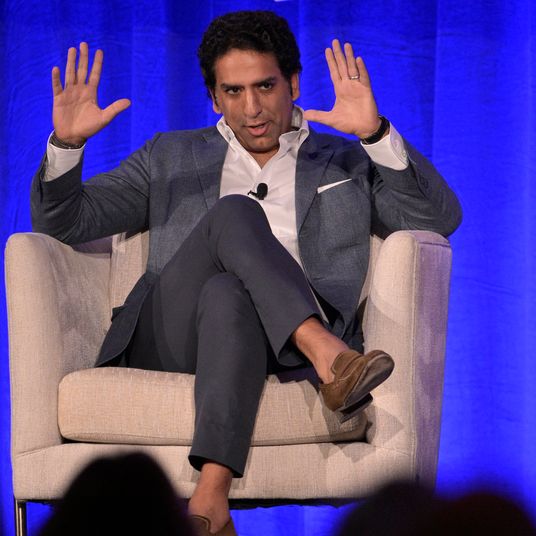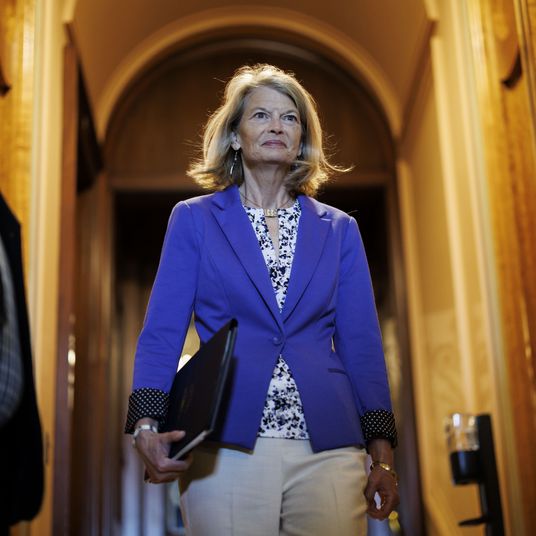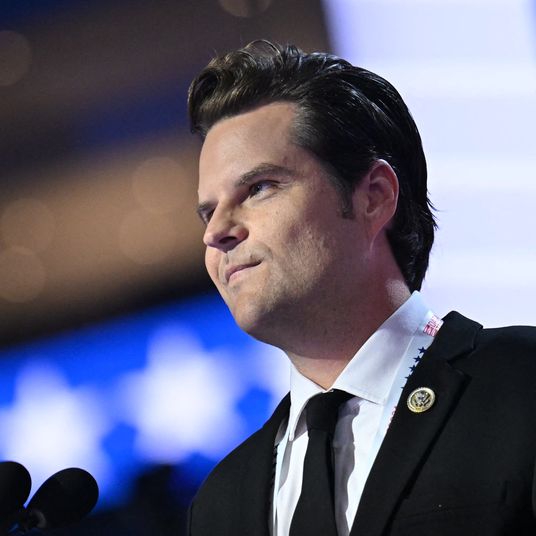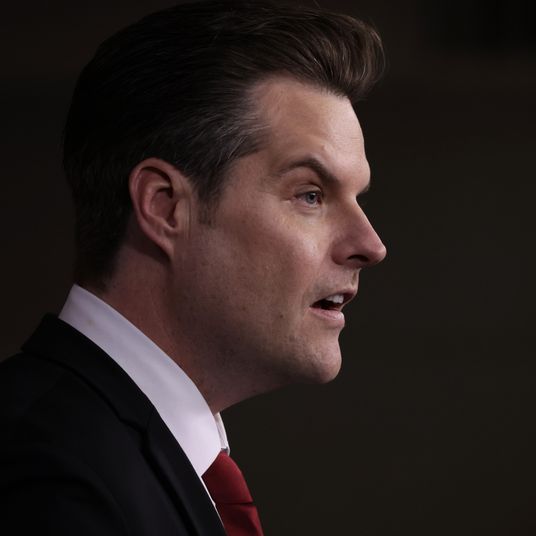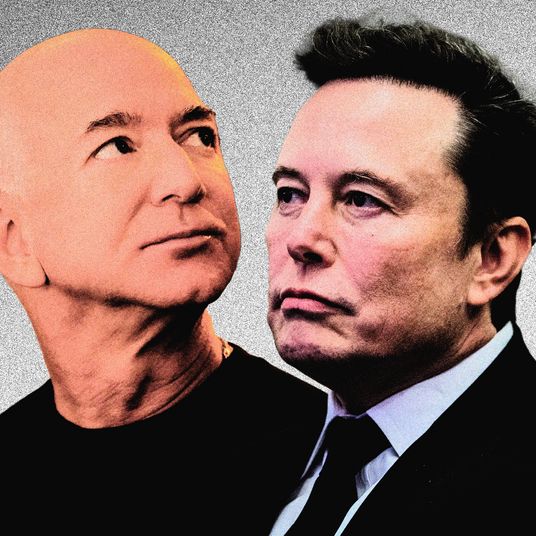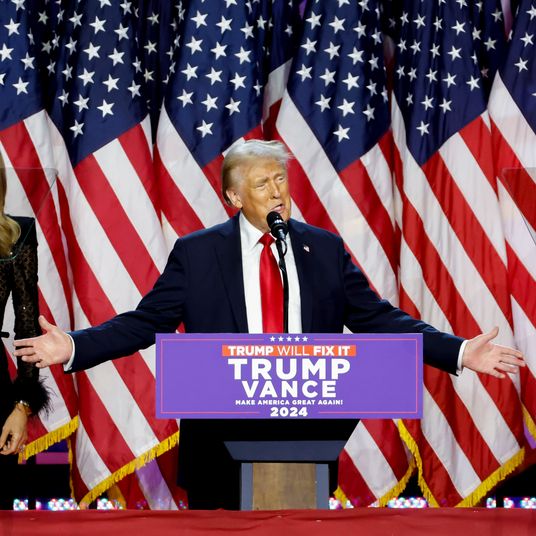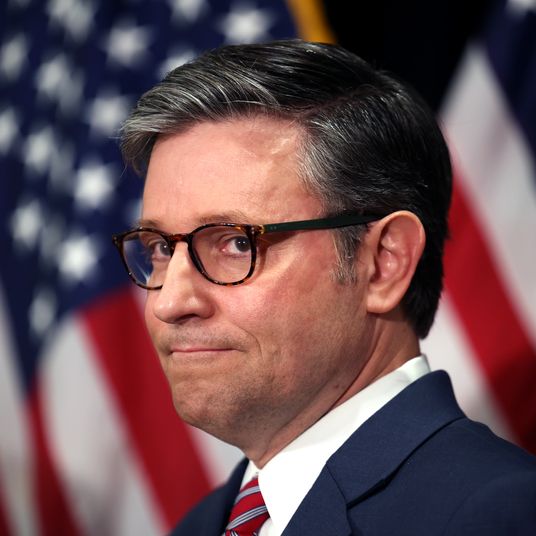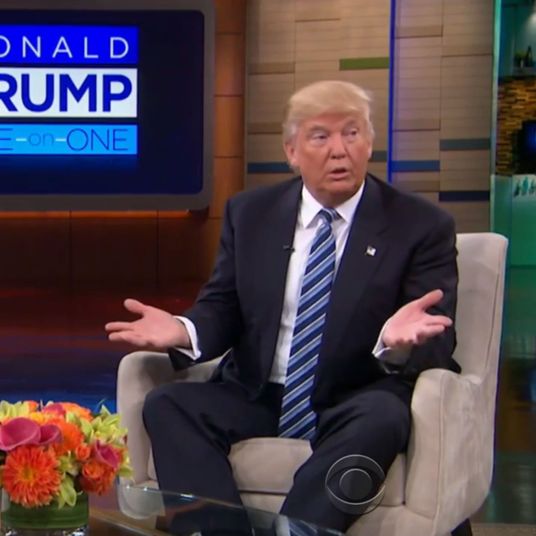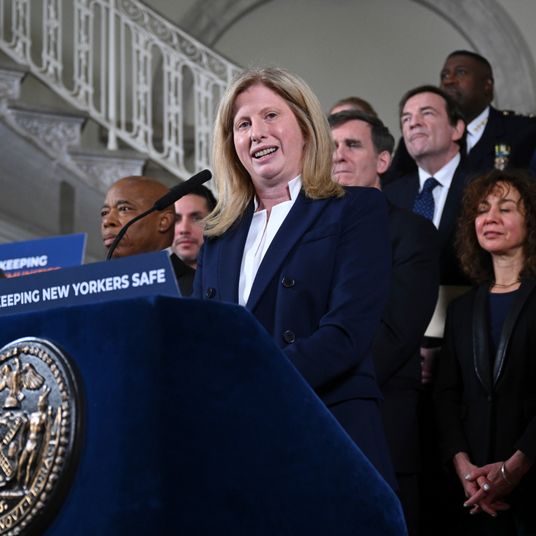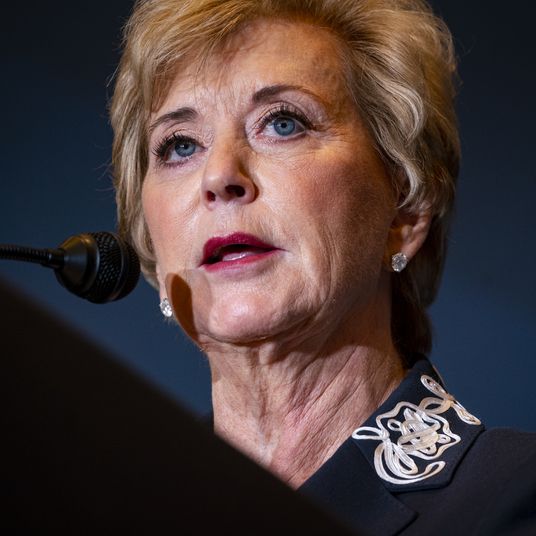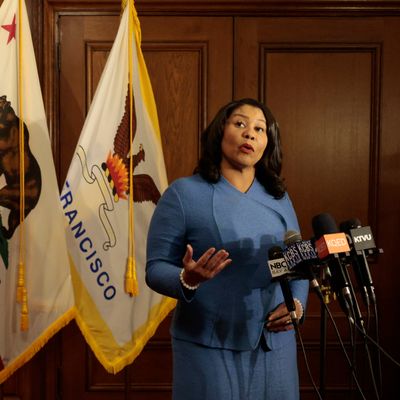
Last week, two prominent female Democrats from San Francisco were defeated, but one of those stories was lost in the maelstrom following Donald Trump’s victory over Kamala Harris. On the same day the city’s former district attorney became the first Democratic presidential candidate in 20 years to lose the popular vote, the city’s mayor, London Breed, was turned out of office as well. She was the first San Francisco mayor in nearly three decades to fail to win a second term; her replacement will be political outsider Daniel Lurie, an heir to the Levi Strauss fortune.
There are surface-level comparisons to draw between Harris and Breed. They are both Black women who lost to wealthy white men. They both tacked to the political center to try to survive. They both were undone, in part, by forces beyond their control.
Breed’s defeat, though, offers discomfiting lessons for big-city Democrats across America, especially as it becomes clear that Trump made tremendous gains in the working-class, nonwhite neighborhoods that the Democratic Establishment has long taken for granted. Breed’s undoing does not bode well for Eric Adams, who seems destined to be a one-term mayor after his federal indictment in September. Adams, of late, has tugged closer to Trump, but even with the sudden reddening of New York City, that is unlikely to save him in a metropolis that has grown weary of his incompetence.
What Adams and Breed share, beyond identity, is a past commitment to fear-mongering and an inability to rectify what ails their cities most. Thanks in part to Breed’s own declarations, enough San Franciscans bought into a frothing media narrative that crime there was out of control. (Retail thefts and carjackings were a challenge, but not of the sort that ever made San Francisco one of the nation’s crime epicenters.) Breed tacitly supported the recall of Chesa Boudin, the progressive San Francisco district attorney, in 2022, believing this would somehow bolster her own political fortunes. What she didn’t understand is that she wouldn’t be spared even if she helped defeat him. Once Boudin was removed from office, voters began to understand that a district attorney alone couldn’t solve homelessness or a drug crisis. A mayor — an executive — would need to help clean up the Tenderloin and make it so housing could be affordable for the locals who aren’t tech elites.
The greater story here is one of vision, or lack thereof. Both Adams and Breed embody this Democratic deficit, but it can also be applied to Kathy Hochul, the governor of New York, and Gavin Newsom, the governor of California. In the Trump era, Republicans have developed their own versions of utopia. The “free” state of Florida. The gun-toting Texan dream. Low taxes, minimal regulations, tough borders, and, during the pandemic, an absence of COVID restrictions. Whether you agree with the policies or not, these places represent a substantive vision of red-state governance. And their leaders are popular. Ron DeSantis remains revered in Florida. Greg Abbott could probably stay governor of Texas until he’s dead.
No equivalent exists in the Democratic Party. Josh Shapiro, the first-term governor of Pennsylvania, might come closest, and Gretchen Whitmer of Michigan, if she weren’t term-limited, could probably run successfully again. Although vanquished as a vice-presidential candidate, Tim Walz has been a popular governor of Minnesota. Still, what is the image of Democratic governance today? Decades ago, it was the New Deal and Great Society legacies, a robust, muscular government functioning as a force for good. Major infrastructure projects came with this — new roads, bridges, parks, electric grids, and cities that were, for their time, modern marvels. Tangible goods were delivered to the masses. More left-wing executives were no different. So-called “sewer” socialism reigned in Milwaukee, where the Socialist Party mayor, Daniel Hoan, remained in power for 24 years, chasing graft from municipal politics and bolstering numerous public works.
Today, local governments in the U.S. are frequently rife with bloat and inefficiency; the can-do spirit often seems dead. Consider New York, where the Metropolitan Transportation Authority wastes enormous sums of cash and routinely blows past deadlines on public-transportation projects. In European and Asian cities, subway grids are perpetually expanded, and it’s no great feat to add a new line to another stretch of the city. In New York — and virtually every other locality, Republican- or Democrat-run alike — public-transit growth rarely happens, and when it does it takes many decades. California is feebly building a high-speed rail line that, in a country like Japan, would probably have been finished decades ago.
Republican governance ultimately promises less: DeSantis and Abbott aren’t pining for any New Deal revival, and their spirits are fundamentally libertarian. Democratic governance promises more, and if it can’t deliver, the GOP vision wins.
Life in New York City and California is extremely expensive. It’s hard enough to rent, and affording a house is virtually impossible for anyone who’s not earning a comfortable income deep into the six figures. Taxes are high. A voter has a right to ask what they actually get in return for all this money they’re spending. It was one thing in the 20th century, when both states were relatively affordable, a one-bedroom in lower Manhattan or North Beach no great bother. Conservatives are as much to blame for this cost-of-living crisis, furiously opposing new housing construction almost everywhere. Democrats and Republicans, meanwhile, long ago partnered to destroy single-room occupancy housing in cities across America, seeding a street-homelessness crisis that won’t fade away. Even if the COVID-era crime spike is now abating, residents of Democrat-run cities do resent that their government is not making their rent cheaper or their commutes easier. Some working-class locals believe Democrats have cared more about the migrants than them.
Missing is an adept communicator who can make the vigorous case for Democratic governance and demonstrate why it provides a better a way of life. Few are excited for the leadership in either New York or California. Hochul lacks charisma and barely won reelection against a Trump Republican. Adams is slated to be on trial next April and could end up in prison — either way, the one-time “Biden of Brooklyn” is highly unlikely to win another term. Like Breed, the mayor of Oakland was forced out over crime concerns. Newsom seems like a surefire presidential candidate, but he’ll have to sell the California dream to the rest of America. It’s still a lovely state with an unparalleled coastline, but one where anyone who is not a millionaire cannot comfortably own a home. California, where Skid Row and the Tenderloin are awash with the drug-addicted homeless and local governments have struggled mightily to get them treatment and safe places to live.
Since Democrats are in charge in these places, they must prove they can solve these crises. They must prove the benefits are worth the cost. If they can’t, it should come as no surprise when neighborhoods redden and voters demand new leadership.
More politics
- Trump Cabinet Picks: Everyone He’s Announced So Far
- The Menendez Brothers and the End of the Progressive Prosecutor
- What Are RFK Jr.’s Plans as HHS Secretary for Trump?






